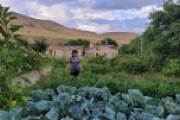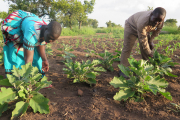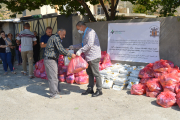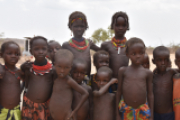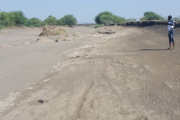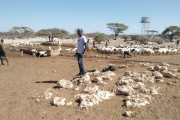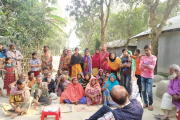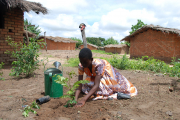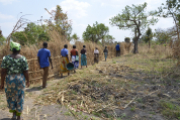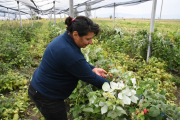As important as food and nutrition are for human life, these basic human needs are centrally addressed by Sign of Hope in both humanitarian assistance and development cooperation. Satisfying food and the intake of essential nutrients are central to the fight to overcome poverty, disease and hunger in many countries of the global South. According to the World Food Programme, 821 million people suffer from hunger - one in nine worldwide - particularly affected are developing countries in Asia and Africa. The challenges posed by climate change will require even greater efforts from the global community in the future.
Both in long-term projects and as part of short- to medium-term relief efforts, Sign of Hope works with its local partner organisations to improve the lives of marginalised and suffering populations. Whether in the context of agricultural training to increase crop yields, through food distributions in the wake of famine, or in improving marketing opportunities for agricultural products: The focus is on providing direct assistance to disadvantaged people so that they have sufficient food or can generate an income by selling surpluses, in acute shortage situations as well as in structurally existing poverty.
The needs of these people, their participation in the projects as well as the empowerment of self-help are fundamental guidelines, according to which Sign of Hope aligns itself in the planning and implementation of partnership as well as independently implemented projects. The projects, from the establishment of a network of smallholder field schools to the distribution of food rations and seed production, are accompanied by thematic training as well as education and awareness-raising measures for the population to be supported. This ensures the greatest possible impact beyond the immediate relief and development activities.


 Donate now
Donate now



